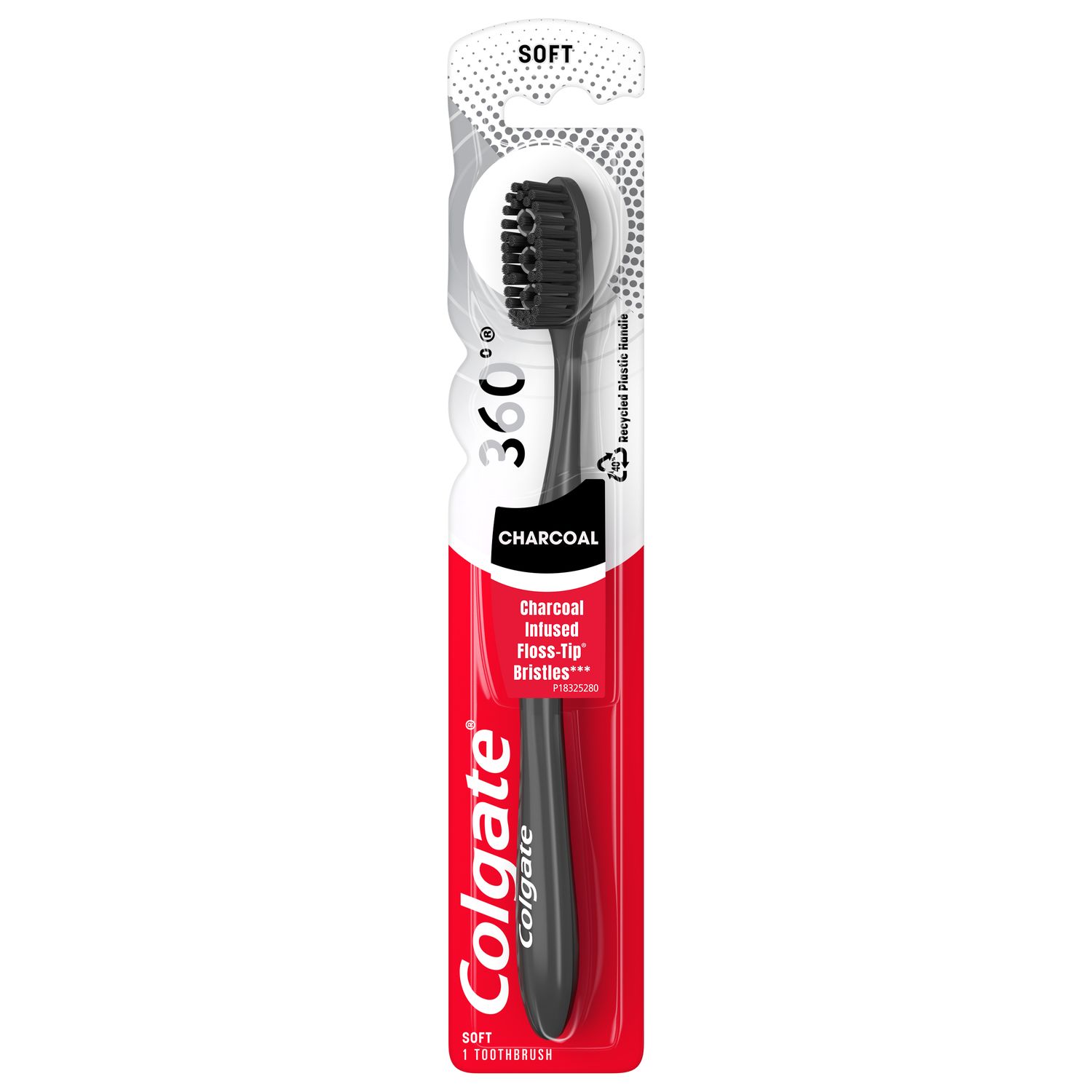Opportunity for Change
The New Year is a fantastic time to commit to making positive changes in your life. If you integrate changes into your schedule, they can turn into habits before you know it. With time, these habits can become permanent fixtures in your behavior and routine.
You have the power to make incredible changes in your life with your choices, and your dental health is no exception. By enhancing your oral care routine, avoiding harmful behaviors, and making balanced dietary choices, you’ll be making a huge impact on your long-term dental health.
One exciting aspect of making New Year dental resolutions is that your oral care can affect your overall health far more than most realize. According to the Mayo Clinic, many chronic health conditions may be associated with your oral health.
Helpful tip: Consistency is key when it comes to establishing new habits.
Power Up Your Habits
With practice as part of your normal routine, a widely-avoided activity like cleaning between your teeth can evolve from a low point in your day to something you enjoy. As you clean between your teeth and brush regularly, you may surprise yourself by observing that your gums become less sensitive, you bleed less, and you enjoy the unique feeling of a fresh smile.
Proper dental care is easier than you may imagine because the simple choices you make can cause profound changes to your oral health. To practice a proper oral care routine, you should:
- Gently brush for two minutes twice a day using a soft-bristled toothbrush to avoid damaging your enamel.
- When using a toothbrush, hold it at a 45-degree angle to your gumline and clean each surface of your teeth.
- Use a toothpaste with fluoride to help keep your teeth healthy.
- Thoroughly clean between your teeth once a day. You can use a flossing device, floss, or an interdental brush—whatever you feel most comfortable using!
- Rinse using mouthwash or an antiseptic mouthrinse after brushing.
Practicing your oral care routine twice a day will have a profound effect on your mouth’s health. However, there are a few more important steps to take to ensure your oral care isn’t suffering in other areas. Keep reading below for more ideas for other changes you can make.
Healthier Dietary Choices
Your diet is crucial when it comes to keeping your smile in top shape. What you eat can become food for bacteria in your mouth and potentially contribute to cavities, gum disease, and other conditions.
Steps to choose a healthier diet may include:
- Limit your consumption of sugary or acidic foods and beverages
- Reduce snacking between meals
- Rinse with water after meals or sugary drinks
- Aim to eat lots of fruits, vegetables, and other items packed with nutrients
- Talk to your dental or medical professional to ensure your diet includes enough vitamins and nutrients to keep your teeth strong
Dental Restorations and Orthodontics
Today is the perfect time to address any dental problems requiring your attention, like an improper bite, damaged tooth, or cavity. Your dental professional can recommend the appropriate restoration to potentially treat the underlying cause of your concern, prevent future problems, and improve your smile's appearance at the same time!
Say No To Dry Mouth
It might surprise you to know that your saliva (also known as spit) has a vital function in maintaining the health of your teeth, gums, and mouth. It provides the enamel of your teeth with minerals, neutralizes the pH level (also known as acidity), and helps wash away food matter and debris.
This means that dry mouth (also known as xerostomia) can actually contribute to various dental problems and that keeping your saliva flowing is important for your oral health.
Steps to reduce dry mouth may include:
- Chew sugar-free gum to promote saliva production
- Consume milk or dairy products to increase saliva production
- Avoid excessive alcohol consumption or using illegal drugs that can cause dry mouth
- Ask your medical or dental professional if any over-the-counter or prescription medications you’re taking may be associated with decreased saliva production
- Stay hydrated by drinking water regularly, especially before bed
Quit Tobacco Products
There’s no way around it; smoking and the use of other tobacco products is caustic to your oral and overall health. Tobacco can stain your teeth and increase your risk of many dental problems.
This could be the year you finally commit to quitting, and the power is in your hands. Nicotine is highly addictive, but professionals are specially trained to make this feat as easy as it can be. Consult your medical or dental professional for expert insight
Routine Dental Visits
We recommend visiting your dental professional at least twice a year or every six months. The best way to stop dental issues in their tracks is to detect them early or stop them from happening in the first place. Regular visits to your dental professional will help ensure that no dental issues go unnoticed or worsen to something more serious.
A positive step is to budget for regular dental visits and save money if any unforeseen injuries or dental visits occur. A small cost of maintenance and regular visits upfront will help prevent issues that can be far more expensive in the long run.
Making a New Year’s resolution to enhance your health is a great choice no matter how you look at it. Be forgiving of yourself if you have any setbacks and allow yourself time for your new routines to solidify into habits. You’re now armed with the knowledge to confront many of the top obstacles to ideal dental health.
Oral Care Center articles are reviewed by an oral health medical professional. This information is for educational purposes only. This content is not intended to be a substitute for professional medical advice, diagnosis or treatment. Always seek the advice of your dentist, physician or other qualified healthcare provider.
ORAL HEALTH QUIZ
What's behind your smile?
Take our Oral Health assessment to get the most from your oral care routine
ORAL HEALTH QUIZ
What's behind your smile?
Take our Oral Health assessment to get the most from your oral care routine














